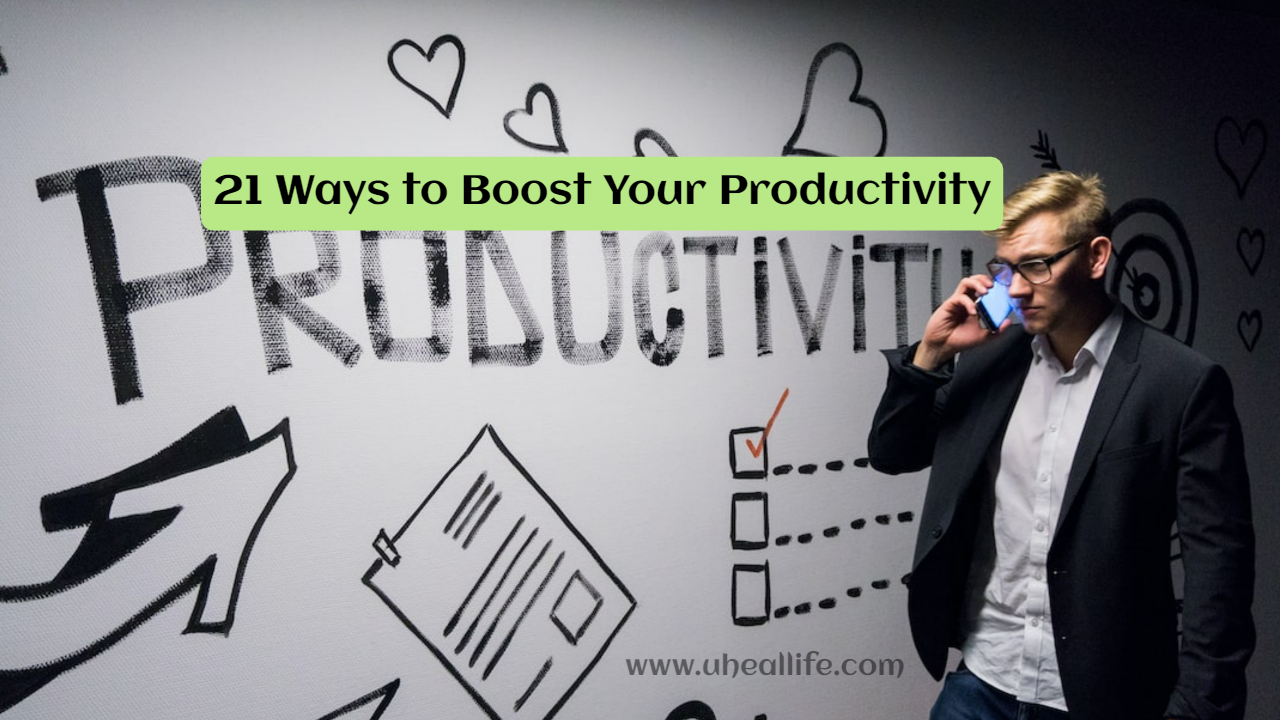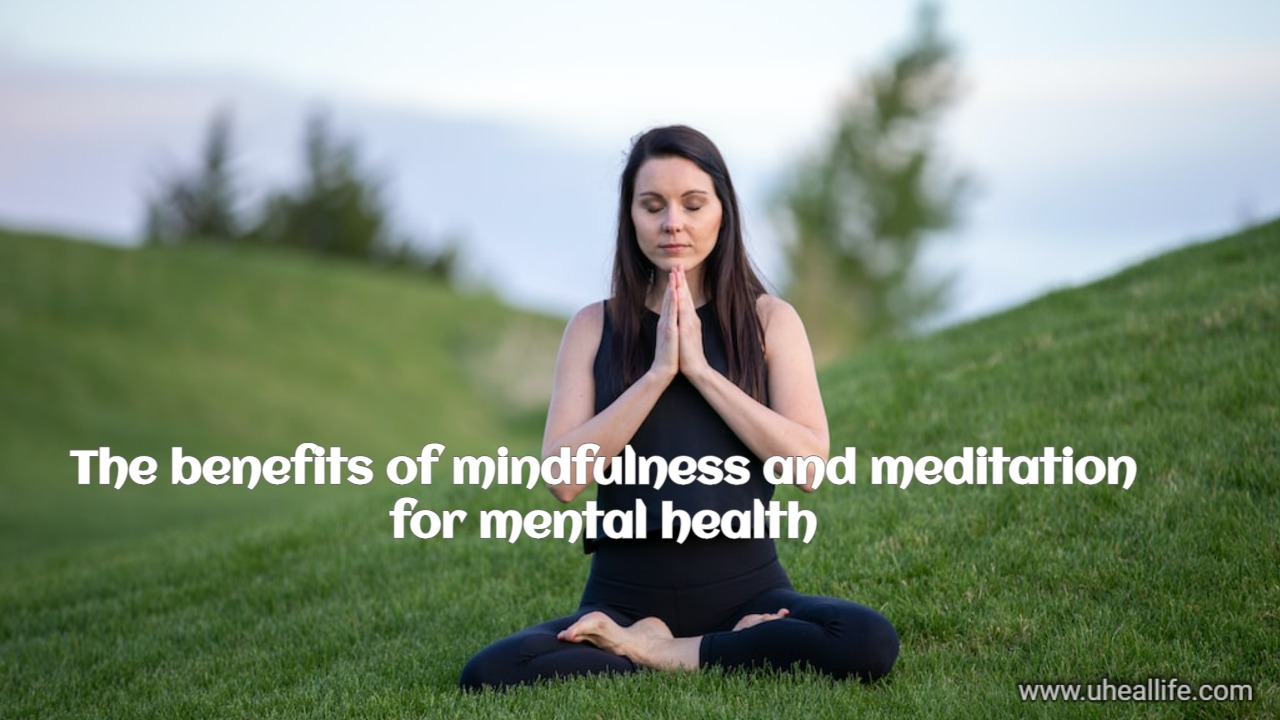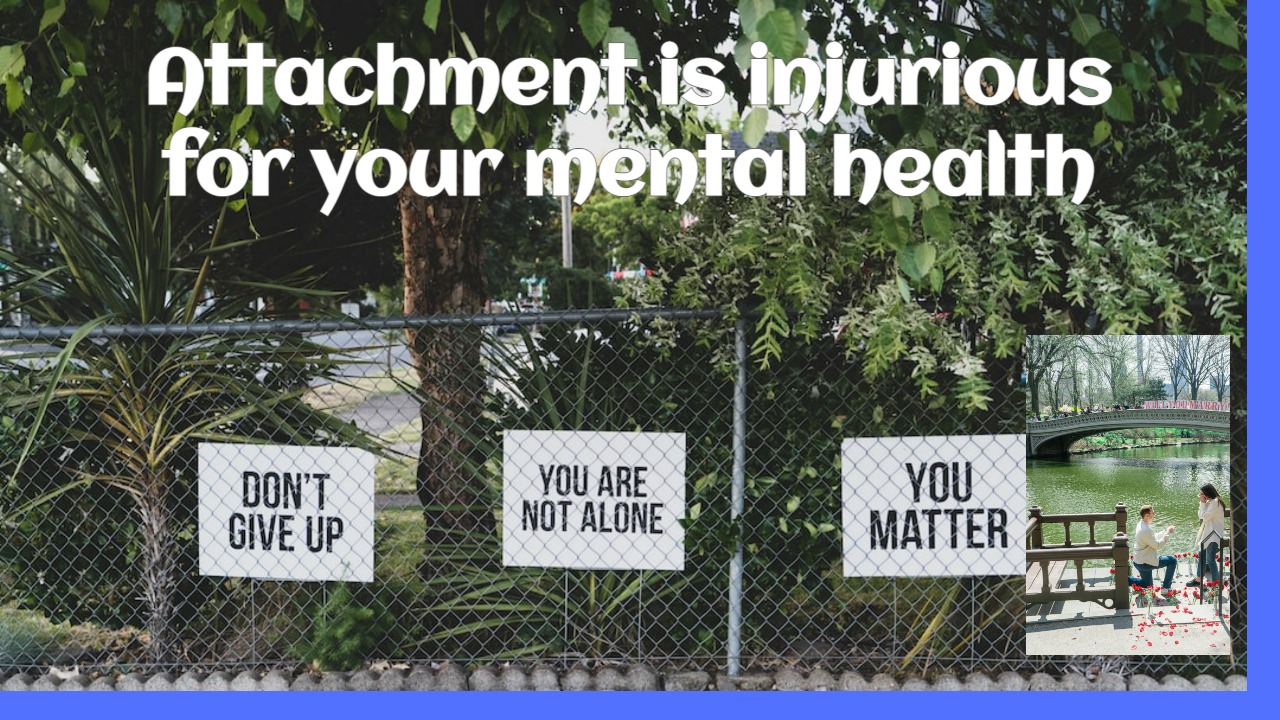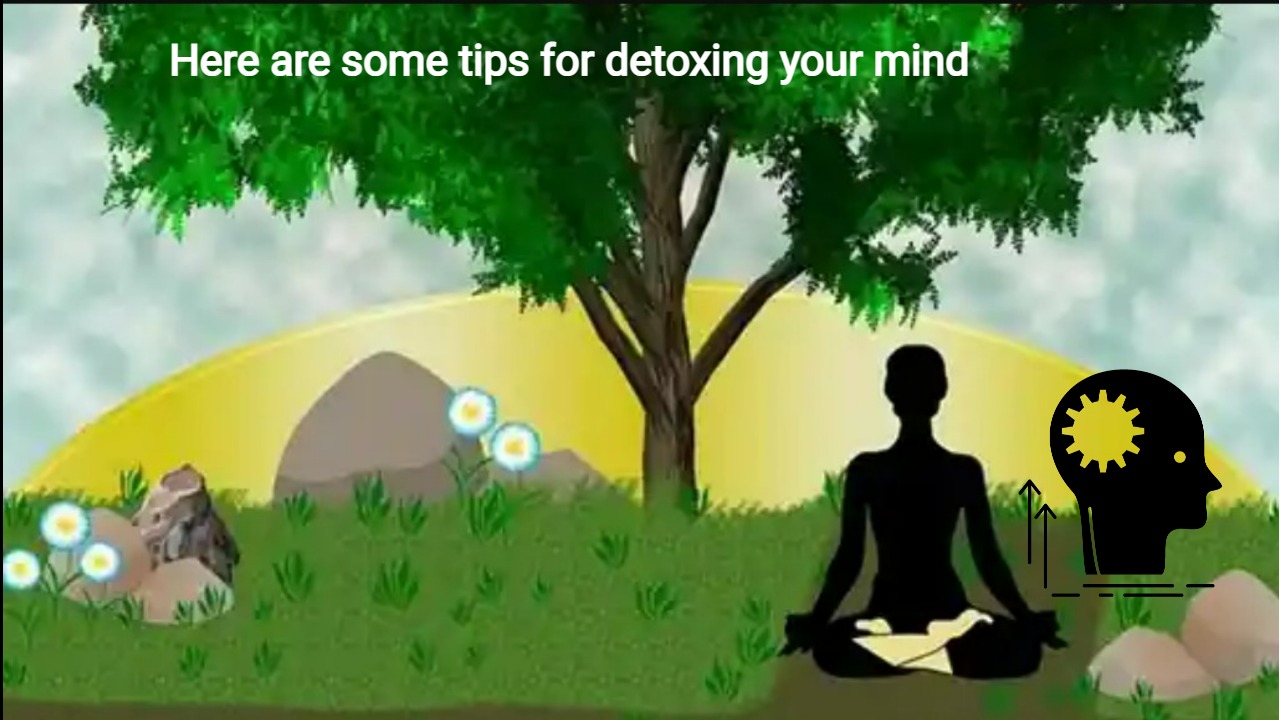21 Ways to Boost Your Productivity
In today’s fast-paced world, increasing productivity has become essential for success. By effectively managing your time and eliminating procrastination, you can get more tasks done and achieve your goals efficiently. In this article, we will discuss twenty-one ways to boost your productivity and improve your overall efficiency.
- Set the Table:
Start your day by setting clear goals and priorities. This will help you focus on the most important tasks and avoid getting overwhelmed by minor activities.
- Plan Every Day in Advance:
Take a few minutes each evening to plan your day in advance. List the tasks you need to accomplish and allocate specific time slots to each one. This will provide structure to your day and ensure you have a clear roadmap to follow.
- Apply the 80/20 Rule:
Apply the Pareto Principle or the 80/20 rule to everything you do. Identify the 20% of tasks that will yield 80% of the desired results and prioritize them accordingly.
- Consider the Consequences:
Before procrastinating on a task, consider the consequences that can arise from delaying it. Understanding the negative impact of procrastination can provide motivation to tackle important tasks promptly.
- Practice Creative Procrastination:
Sometimes, it’s beneficial to delay less crucial tasks to focus on more important ones. Learn to prioritize and delay tasks that do not align with your immediate goals.
- Use the ABCDE Method Continually:
Categorize your tasks based on their importance and urgency using the ABCDE method. A tasks are the most important and require immediate attention, whereas E tasks are insignificant and can be eliminated or delegated.
- Focus on Key Result Areas:
Identify the key result areas that directly contribute to your goals and invest the majority of your time and effort there. Eliminate activities that do not align with these crucial areas.
- Apply the Law of Three:
Identify three most important tasks each day that will make a significant impact on your long-term success. Prioritize these tasks and focus on completing them before moving on to less crucial ones.
- Prepare Thoroughly Before You Begin:
Invest time in planning and preparation before starting any task. This will enable you to work more efficiently and effectively, minimizing the chances of errors or unnecessary delays.
- Eliminate Distractions:
Minimize distractions by creating a focused work environment. Turn off notifications, close unnecessary tabs on your computer, and find a quiet space where you can concentrate without interruptions.
- Take Regular Breaks:
Break your work into manageable chunks and take short breaks in between. Studies show that regular breaks can improve focus and overall productivity.
- Delegate Tasks:
Identify tasks that can be delegated to others without compromising quality. Effective delegation allows you to focus on high-level work while empowering others to contribute to the team’s success.
- Practice Time Blocking:
Allocate specific time blocks for different tasks or activities. This method helps create a structured schedule and ensures that important tasks are given dedicated time slots.
- Learn to Say No:
Don’t be afraid to decline tasks or requests that do not align with your priorities or exceed your capacity. Learning to say no frees up time for important projects and prevents overcommitment.
- Practice Mindfulness:
Cultivate mindfulness and focus on the present moment. Eliminate distractions and stay fully engaged with the task at hand, improving both productivity and the quality of your work.
- Use Productivity Tools:
Leverage productivity tools such as task management apps, time tracking software, or project management platforms to streamline your workflow and enhance efficiency.
- Adopt a Healthy Lifestyle:
Maintain a balanced lifestyle by prioritizing sleep, exercise, and a nutritious diet. A well-rested and physically fit individual is more likely to have higher cognitive abilities and improved productivity.
- Seek Continuous Learning:
Invest in your personal and professional development. Continually learning new skills and acquiring knowledge will enhance your productivity while keeping you ahead in your field.
- Automate and Streamline Processes:
Identify tasks that can be automated or streamlined using technology. This allows you to save time and focus on higher-value activities.
- Practice Single-Tasking:
Avoid multitasking and instead focus on completing one task at a time. This helps reduce errors, improve concentration, and enhance overall efficiency.
- Celebrate Progress:
Recognize and celebrate your achievements, no matter how small. Acknowledging progress boosts motivation and creates a positive mindset, driving you to maintain high levels of productivity.
Conclusion:
By implementing these twenty-one strategies, you can significantly boost your productivity and accomplish more in less time. Remember, consistency is key, so strive to incorporate these practices into your daily routine until they become ingrained habits. Embrace productivity as a lifestyle, and watch your efficiency soar towards a brighter and more successful future.












